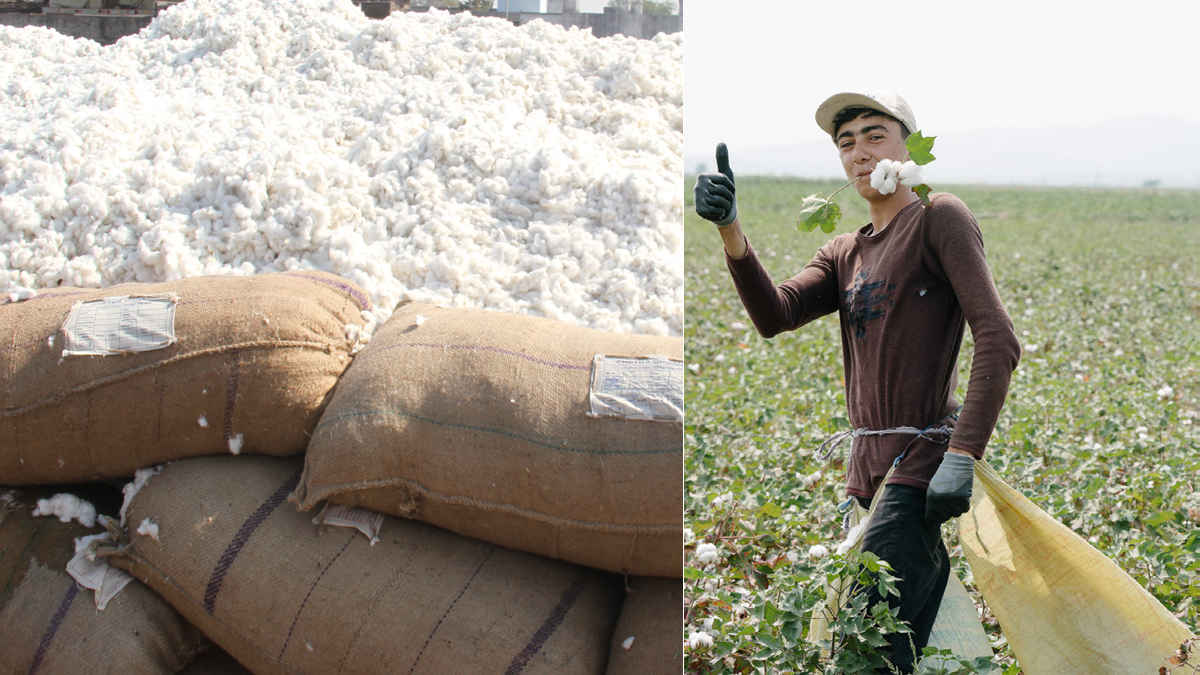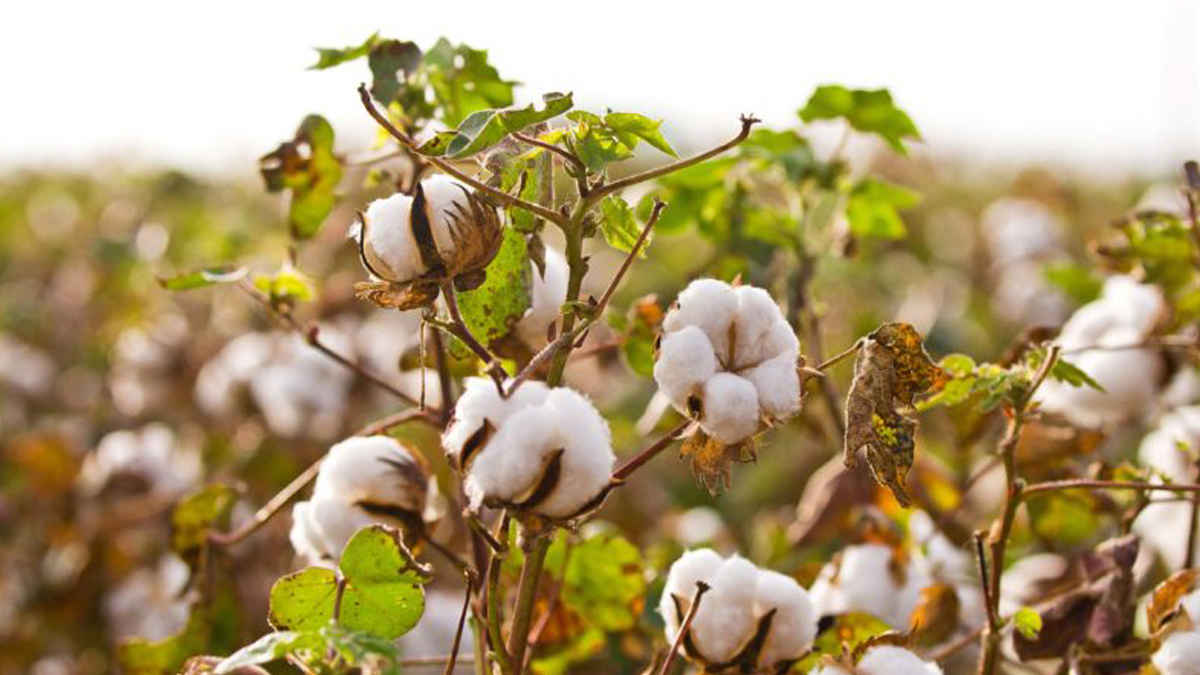Organic cotton continues to rise as an important value in the global textile and clothing industry. Textile Exchange‘s 2020 Organic Cotton Market Report reveals important data on the basis of the 2018/19 harvest year. The report recorded a 31% increase in organic cotton production compared to the previous year as the second record level after 2009/10. In addition to data from each region, the report includes information provided by industry professionals on issues such as current projects, achievements, goals and visions. The report also focused on the industry’s impacts and responses to the Covid-19 pandemic and climate change threats this year.
In summary, the results show that 222,134 farmers grow 239,787 metric tons of organic cotton on 418,935 hectares in 19 countries. In addition, 55,833 hectares of cotton-growing land were converted to organic, helping to meet growing demand.
This report highlights the growth in global production and its significant contribution to the health of the world’s people, the environment, and the couple communities. Being aware of the negative effects of the coronavirus pandemic that affects all over the world, to human rights violations in the sector, Textile Exchange expresses its support for farming and processing systems that protect the health of people and the planet.
India is the largest producer
The 2020 Organic Cotton Market Report shared production data from a total of 19 countries from all regions that grow certified organic cotton worldwide, to create a complete picture of the global supply. According to the report, 97% of the global production was in seven countries; India (51%), China (17%), Kyrgyzstan (10%), Turkey (10%), Tajikistan (5%), Tanzania (2%) and the US (2%). During this period, India became the largest producer in the global market with 37,138 metric tons.
55.833 hectares of land converted to organic make India and Pakistan pull ahead, Greece, Turkey and Tajikistan are following. Global production is expected to grow by another 10% during the 2019/20 harvest period; according to forecasts before the Covid-19 pandemic.
Organic Content Standard (OCS) certified facilities increased 48% and the Global Organic Textile Standard (GOTS) increased by 35%; while the number of facilities with leading voluntary organic textile standards increased significantly in 2019.

Turkey made a record organic cotton production in 2018/19
The report ranks important details in the Turkey section. Turkey’s record-breaking production in the 2018/19 period, reached 22.839 tons. It is the highest level since 1991, when organic cotton production first started in the country. Most of this growth is EU / NOP certified production rather than TR certified production. 384 producers were found to have certified production on a total of 10,668 hectares. Having a 9,52’% share in the world production, Turkey have a 2.34% annual increase. An increase in fibre production of 36% is estimated for the 2019/20 period. A decline is expected in Turkey’s cotton production in the coming years due to the Covid-19 pandemic.



